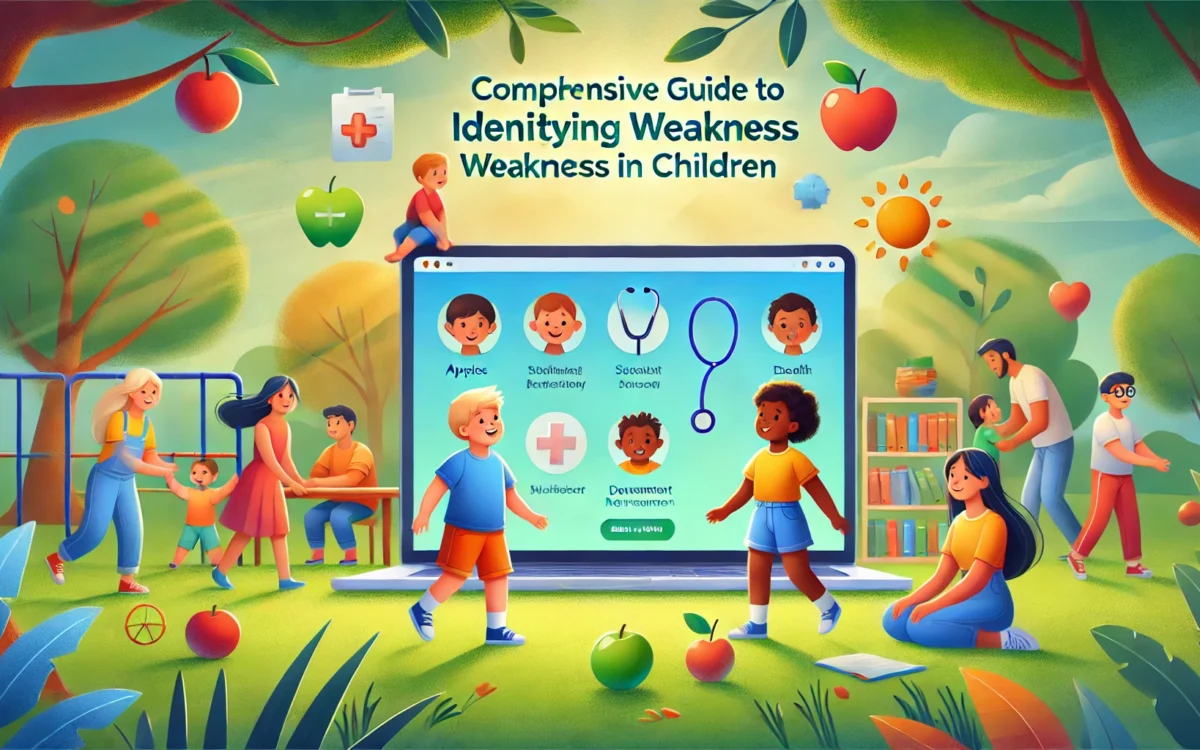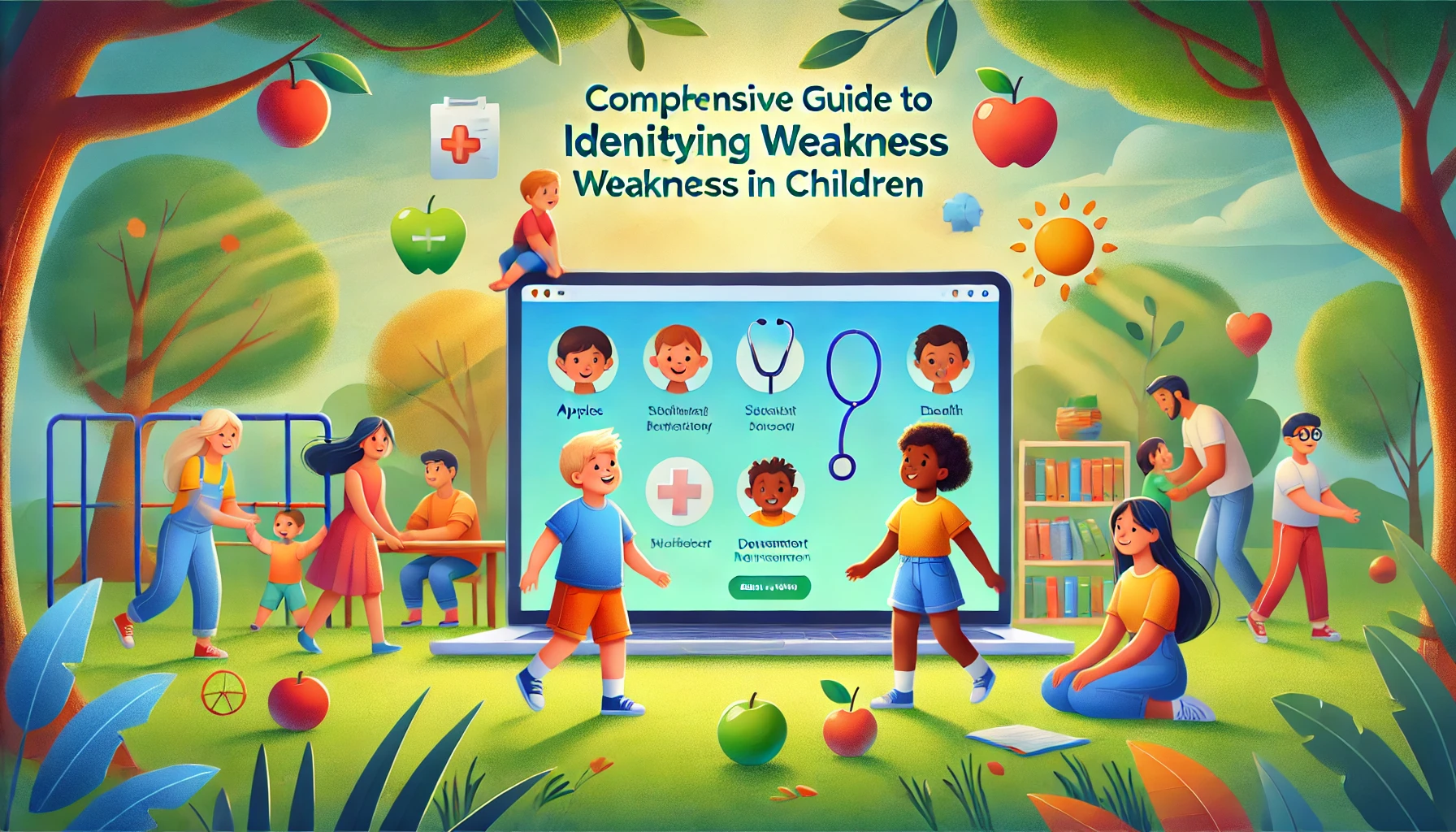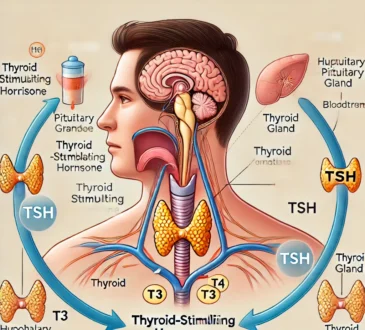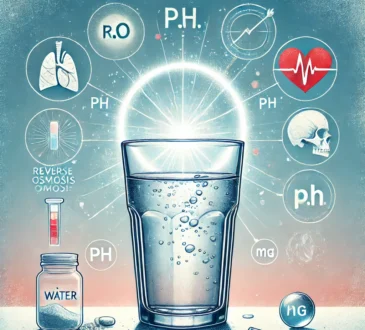Comprehensive Guide to Identifying Weakness in Children: Physical, Emotional, and Nutritional Signs
We know Children are full of energy, enthusiasm etc. As soon as the children come home from school, they start playing. They don’t feel tired even after playing. Children can jump and play all day. In such a situation, if your child sits quietly without taking an interest in jumping to play and even if he goes to play, he starts feeling tired and remains depressed, then it may be that the child is not physically healthy.
Here are some methods to help determine whether your children might be experiencing weakness, whether physical, mental, or emotional:
1. Monitor Physical Health
- Sleep Patterns: Observe whether your child is getting enough quality sleep. Sleep deprivation can cause fatigue and weakness.
- Muscle Tone: Weak or flabby muscles might indicate poor physical strength or low physical activity levels.
- Respiratory Issues: Look for signs like shortness of breath during light activities, which could suggest underlying weaknesses in stamina.
- Skin and Hair Condition: Brittle hair, dry skin, or frequent skin rashes can signal nutritional deficiencies like a lack of vitamins or essential fatty acids.
17 Promises to Yourself for a Healthier and Happier You
2. Behavioral Changes
- Excessive Screen Time: If your child spends too much time on screens, it can lead to a sedentary lifestyle and associated weakness.
- Social Withdrawal: Avoidance of social interactions or group activities could point to mental fatigue, stress, or lack of energy.
- Low Tolerance for Physical Tasks: Complaints of tiredness after basic activities like walking or climbing stairs may indicate a lack of strength or endurance.
3. Dietary Habits
- Skipping Meals: Regularly skipping meals or avoiding food groups (e.g., fruits, vegetables, proteins) can lead to deficiencies.
- Overeating Junk Food: A diet high in processed foods and sugar may provide empty calories without essential nutrients.
- Balanced Meals: Check if your child is getting adequate macronutrients (carbohydrates, proteins, fats) and micronutrients (vitamins, minerals).
4. Psychological Factors
- Stress or Anxiety: Emotional stress can drain energy, leading to apparent physical weakness. Check if they feel overwhelmed by school or social situations.
- Overwhelming Workload: Ensure their daily schedule is not overpacked with school, extracurriculars, or other activities, as it may lead to burnout.
- Signs of Depression: A persistent lack of enthusiasm, feelings of sadness, or reduced motivation can also present as physical weakness.
5. Observe During Physical Activities
- Performance in Sports: If your child is active in sports or other physical activities, notice if they’re struggling more than peers.
- Posture and Movement: Poor posture or difficulty maintaining balance may suggest muscular or skeletal weakness.
- Recovery Time: Long recovery periods after playing or mild exertion may indicate lower-than-normal energy levels.
6. Signs of Nutritional Deficiencies
- Iron Deficiency: Look for symptoms like pale skin, brittle nails, or frequent cold hands and feet, which could signal anaemia.
- Vitamin D Deficiency: Weak bones, aches, or frequent injuries could be linked to low vitamin D levels.
- Protein Deficiency: Thin hair, delayed wound healing, and lack of muscle growth may suggest inadequate protein intake.
Soil Pollution: Causes, Impacts, and Effective Solutions for a Healthier Environment
7. Assess Immune Health
- Frequent Colds or Infections: Children who get sick often may have a weakened immune system, which could also cause overall weakness.
- Slow Recovery from Illness: If your child takes longer to recover from common illnesses, it could be a sign of underlying weakness.
- Digestive Issues: Chronic constipation, diarrhoea, or stomachaches might prevent the body from absorbing nutrients properly.
8. Environmental and Lifestyle Factors
- Hydration Levels: Check for signs of dehydration such as dry lips, infrequent urination, or dark-coloured urine.
- Exposure to Fresh Air and Sunlight: Ensure your child spends enough time outdoors for vitamin D synthesis and overall physical well-being.
- Physical Activity Levels: Lack of regular exercise can contribute to both physical and mental fatigue.
9. Observe Communication
- Complaints of Tiredness: If your child frequently mentions feeling tired, take it seriously and investigate further.
- Expressed Discomfort: Pay attention to their verbal or non-verbal cues when engaging in activities—they might be too shy to express their struggles outright.
10. Consult Professional Tools and Assessments
- Growth Milestone Evaluation: Pediatricians can assess whether your child is meeting developmental milestones for their age.
- Vision and Hearing Tests: Sometimes undiagnosed vision or hearing issues can lead to fatigue and decreased energy levels.
- Allergy Testing: Undiagnosed food or environmental allergies can also cause physical or emotional fatigue.
11. Seasonal Considerations
- Seasonal Fatigue: Check for seasonal affective disorder (SAD), particularly during winter months when daylight is limited.
- Heat or Cold Sensitivity: Sensitivity to extreme weather can cause weakness or reduced stamina.
12. Keep a Health Diary
- Track their:
- Daily Meals: To identify nutritional gaps.
- Activity Levels: To see if they’re active enough or overly sedentary.
- Mood Changes: To catch emotional or psychological concerns.
- Physical Symptoms: Like aches, pains, or tiredness patterns.
If you’re seeing a combination of these signs, it might be time to consult a healthcare provider to rule out underlying health conditions and create a plan to improve your child’s strength and well-being. Let me know if you’d like specific suggestions for diet, exercise, or other strategies!










Comments are closed.